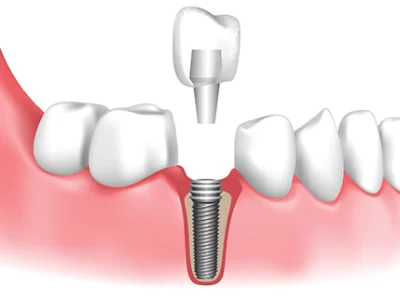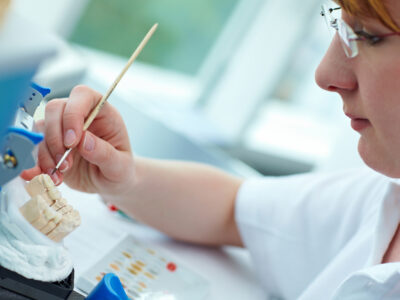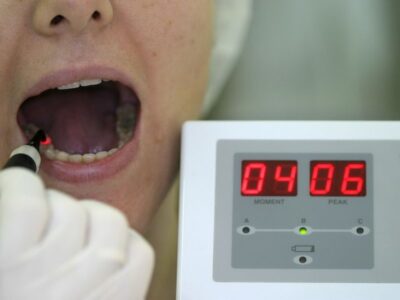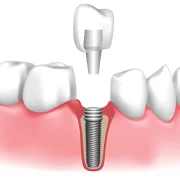
Many women feel uncomfortable discussing their gynaecological health with friends or family, let alone a complete stranger. However, it is important to remember that gynaecologists are medical professionals dedicated to providing the best possible care for their patients. See the services and qualifications on this page: https://drngkailyn.com/.
There are several reasons why it is important to know what happens at gynaecologist appointments. First and foremost, your female gynaecologist in Singapore can help identify any potential health problems affecting your reproductive system as a woman.
In addition, gynaecologists can provide advice and guidance on contraception, fertility and pregnancy. Finally, gynaecologists can also offer support and reassurance when you are experiencing menopausal symptoms.
In short, there is no reason to feel embarrassed or uncomfortable about attending a gynaecologist appointment. These appointments offer an invaluable opportunity to discuss any concerns or queries with a qualified medical professional.
So, what exactly does the Gynaecologist look at?
You’ve probably seen a gynaecologist in movies or TV, but what exactly do they do? To begin, a gynaecologist is a specialist who focuses on the health of the female reproductive system.
This includes the vagina, uterus, ovaries, and fallopian tubes. Gynaecologists care for women of all ages, from adolescence through menopause.
In some cases, gynaecologists may also treat conditions that affect the male reproductive system. Gynaecologists use various tools and techniques to examine the female reproductive system.
These may include a speculum used to widen the vagina so the gynaecologist can get a clear view inside. They may also use a lubricated glove to manually examine the vagina and surrounding tissues.
In some cases, gynaecologists may also perform a Pap test, in which a small sample of cells is taken from the cervix and examined for signs of disease. Gynaecologists may also order imaging tests such as ultrasounds or MRIs to get a more detailed view of the reproductive organs.
The gynaecologist’s main goal is to promote the overall health of the female reproductive system. This includes providing screenings for conditions such as cancer, offering contraception advice, and managing menopausal symptoms.
Gynaecologists also play an important role in supporting women who are trying to conceive and those who are pregnant. They can offer advice on a healthy pregnancy diet and provide information about the various stages of pregnancy.
In short, gynaecologists are vital members of the healthcare team who provide essential care for women of all ages. If you have any concerns about your reproductive health, or if you simply want to know more about what happens during a gynaecologist appointment, don’t hesitate to speak to your doctor. They will be able to put your mind at ease and provide you with the information and support you need.
What can a Gynaecologist Tell by Looking?
Your gynaecologist will be able to confirm any suspicions you have by examining your female organs and noting their appearance and smell. In some cases, they may also be able to recommend appropriate treatments!
The most important thing is not to panic – if you’re worried about your discharge, make an appointment with your female gynaecologist in Singapore so that you can get peace of mind. Here are five more things your gynaecologist can tell from just a basic exam:
· If you have any polyps or other growths in your reproductive organs
Your gynaecologist can tell if you have any polyps or other growths in your reproductive organs by examining you. Polyps are usually benign, but in some cases, they can be cancerous.
If your gynaecologist finds any polyps, they will likely recommend a biopsy to confirm their suspicion. Other growths, such as cysts, are usually benign and do not require treatment. However, if you have any concerns about your health, be sure to discuss them with your gynaecologist.
· If you have an infection
If you’re experiencing itching, burning, or discharge down there, it’s possible you have a vaginal infection. To get rid of the symptoms and the infection itself, you may need to see a female gynaecologist in Singapore.
There are a few different kinds of vaginal infections, the most common being bacterial vaginosis, yeast infections, and Trichomoniasis. Your gynaecologist will likely be able to diagnose your infection just by talking to you about your symptoms and doing a visual exam.
They may also perform a pH test, which involves taking a swab of your vagina and testing the acidity levels. If your vagina’s pH is off, that’s usually a telltale sign that you have an infection.
Once your gynaecologist knows what kind of infection you have, they’ll prescribe the appropriate treatment. For bacterial vaginosis and Trichomoniasis, that’s usually an antibiotic.
Yeast infections can be treated with over-the-counter antifungal creams or oral medication. No matter what kind of infection you have, it’s important to follow your gynaecologist’s instructions on how to take or use the medication. Otherwise, you might not get rid of the infection completely.
· If you have any STDs
If you think you might have an STD, it’s important to see a gynaecologist or another medical professional, so they can diagnose and treat you. STDs can cause symptoms like itching, burning, and discharge.
They can also lead to more serious problems down the road, so it’s best to get treated as soon as possible. During your appointment, your gynaecologist will ask about your symptoms and sexual history.
They’ll also do a physical exam and may order blood tests or take swabs of your vagina, anus, or throat to test for STDs. Once they know what STD you have, they’ll prescribe the appropriate treatment. In most cases, STDs can be cured with medication. So if you think you might have an STD, don’t delay seeking medical help.
· If you’re pregnant
By the time you’re ready to see your female gynaecologist in Singapore, you may have already taken a home pregnancy test. Nevertheless, it’s important to get a confirmation from your doctor.
During a pelvic exam, the gynaecologist will feel the ovaries and Fallopian tubes for any enlargement or irregularities. They may also palpate the uterus to check for any changes. All of these physical signs can indicate whether or not you’re pregnant.
The doctor may also perform an ultrasound. This can confirm the location of the pregnancy (inside the uterus) and help determine how far along you are. The gynaecologist may also ask about your medical history and symptoms to help make a diagnosis.
If you think you may be pregnant, it’s important to see a gynaecologist as soon as possible. They can confirm the pregnancy and provide you with essential information and resources for the weeks and months ahead.
The Bottom Line
The exact thing your gynaecologist looks at during an appointment can depend on many factors, including your age, symptoms, and sexual history. However, in general, they’ll check for any abnormalities in the vagina, cervix, uterus, ovaries, and Fallopian tubes.
They may also perform a Pap smear or order tests for STDs. If you’re pregnant, they’ll use a pelvic exam and ultrasound to confirm the pregnancy and assess how far along you are.
No matter why you’re seeing a gynaecologist, it’s important, to be honest about your symptoms and sexual history. This will help them provide you with the best possible care.
Our team of experienced gynaecologists offer comprehensive care for women of all ages. We provide a wide range of services, including pelvic exams, Pap smears, STD testing, and pregnancy care. We also offer minimally invasive surgery for conditions like fibroids and endometriosis. To make an appointment, contact us today.











